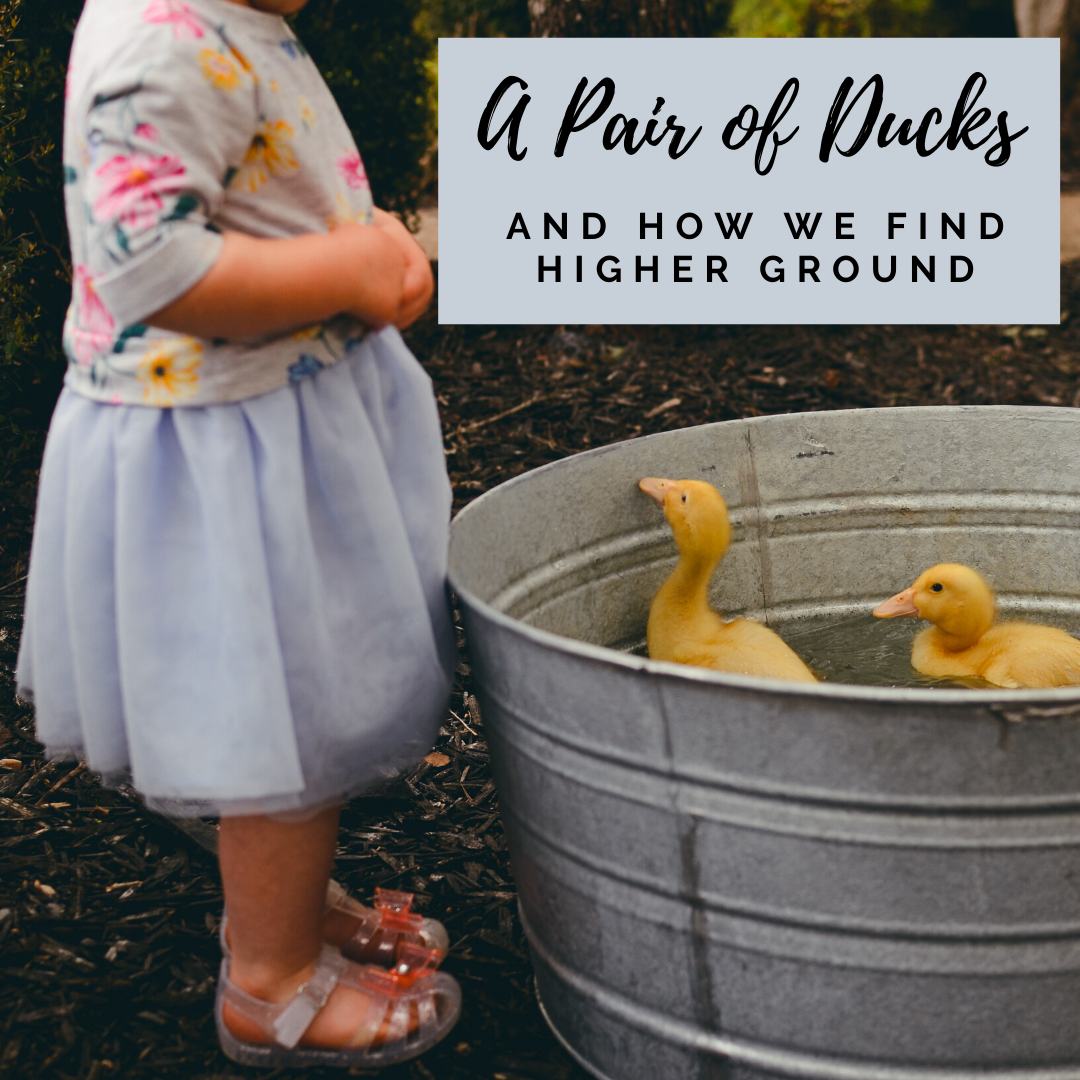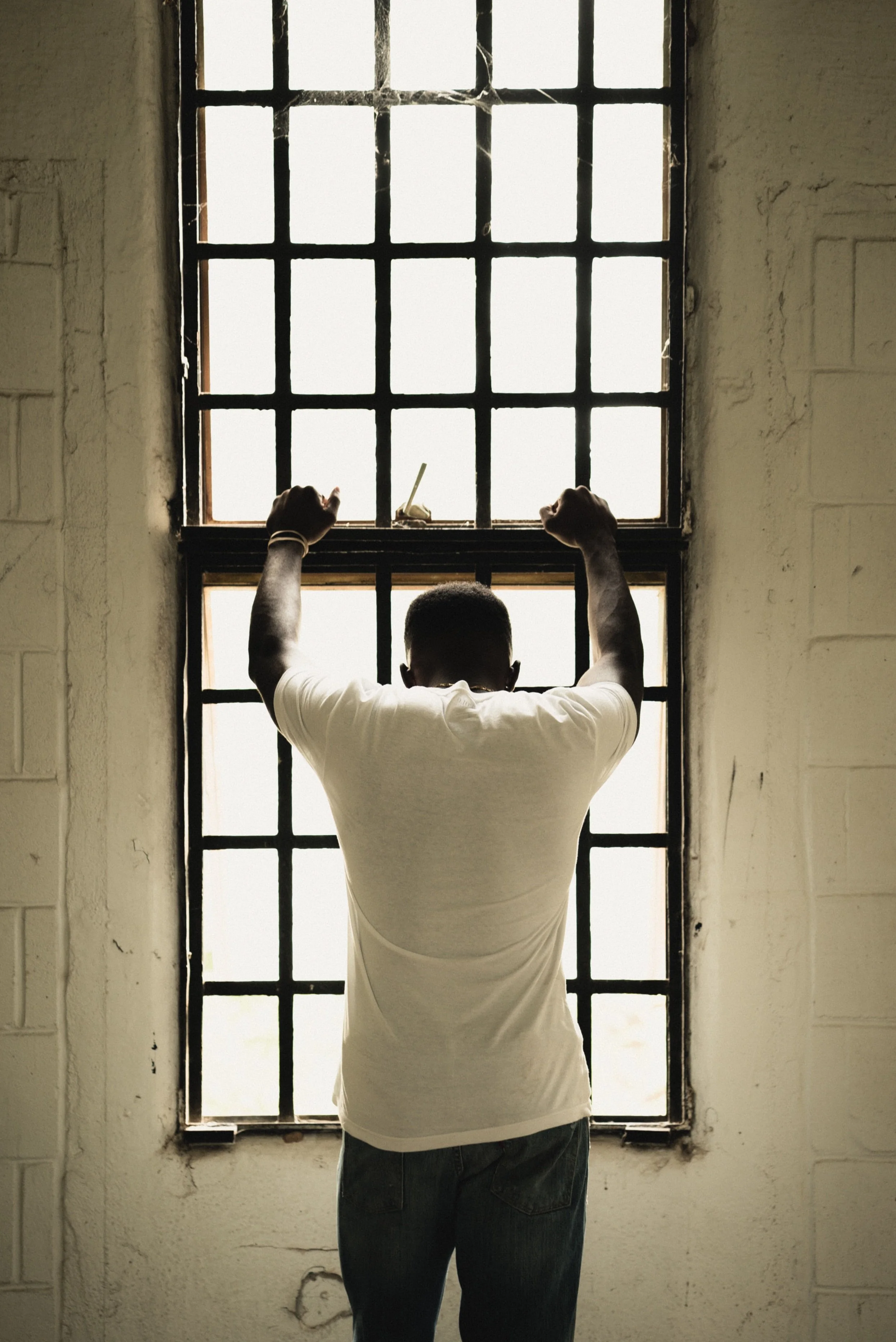When Fear Says We Can't
We’ve always told our youngest son the story of the day he turned three. He woke up that birthday morning down in Texas (during language school) and told my husband, Peter, he had a dream he could ride a two-wheeler bike. He asked his dad to get it out of storage so he could ride it.
A PAIR OF DUCKS- And how we find higher ground.
When we came off the mission field after ten years on the ranch, our debrief coaches handed us two plastic ducks. The kind you had in the bathtub as a kid.


